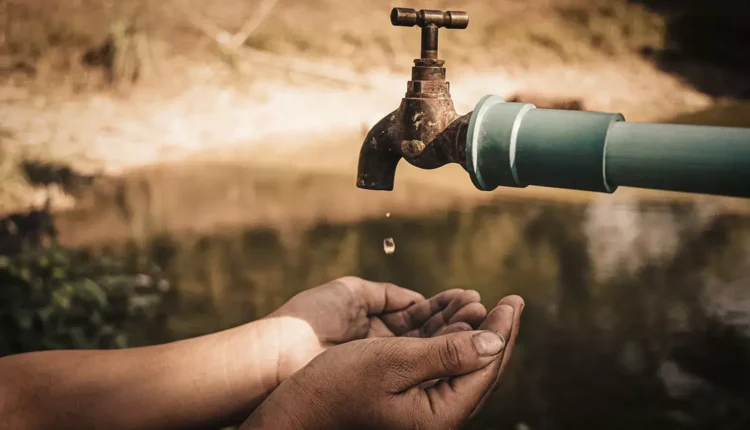In a landmark achievement reflecting the progress made during Prime Minister Narendra Modi’s 11 years of governance, the Jal Jeevan Mission (JJM) has successfully brought tap water connections to over 15.60 crore rural households, now covering nearly 80% of all rural homes across India. This represents a dramatic rise from just 3.23 crore households—or 17% coverage—when the mission was launched on August 15, 2019, under his leadership.
The Jal Jeevan Mission aims to ensure access to safe and adequate drinking water through functional household tap connections. More than just addressing the issue of water scarcity, the initiative has become a transformative force in rural India, particularly benefiting women by alleviating the centuries-old burden of fetching water. This has had far-reaching effects on women’s health, education, and overall participation in the economy.
According to data released by the Ministry of Jal Shakti, 189 districts have reported complete tap water coverage under the Har Ghar Jal initiative, with 108 of these districts certified through Gram Sabha resolutions. At the block level, 1,862 blocks have reported full coverage, with 892 receiving certification. Among gram panchayats, 1,18,230 have reported tap water availability in all households, and 79,402 have been certified. Additionally, of the 2,51,579 villages that have submitted reports, 1,53,193 have achieved certified status.
Eleven states and Union Territories, including Goa, Gujarat, Telangana, Punjab, and the Andaman & Nicobar Islands, have reached 100% tap water connectivity for all rural households. The mission has also made a significant impact on education and childcare infrastructure, with 9.32 lakh schools and 9.69 lakh Anganwadi centres now equipped with functional tap water supply.
To ensure long-term sustainability, JJM includes a strong emphasis on greywater management, augmentation of water sources, rainwater harvesting, and local community involvement. It is supported by a robust Information, Education and Communication (IEC) campaign to promote water conservation as a people’s movement—jan andolan. The initiative not only focuses on infrastructure but also encourages communities to take ownership of water systems through participation in operations, maintenance, and water quality monitoring.
The mission’s impact extends well beyond infrastructure. The World Health Organization (WHO) estimates that achieving JJM’s objectives could save over 5.5 crore hours per day that would otherwise be spent collecting water—time saved primarily by women. WHO also estimates that safely managed drinking water could prevent up to 400,000 deaths annually from diarrheal diseases and save approximately 14 million Disability-Adjusted Life Years (DALYs). Research by Nobel laureate Professor Michael Kremer indicates that safe water access could reduce mortality among children under five by nearly 30%, potentially saving 136,000 lives each year.
The employment impact of the mission is equally significant. According to a joint study by the Indian Institute of Management Bangalore and the International Labour Organization, the mission is projected to generate 59.9 lakh person-years of direct employment and 2.2 crore person-years of indirect employment during its capital expenditure phase. Additionally, the operation and maintenance phase is expected to create 13.3 lakh person-years of direct employment.
A strong focus on quality assurance supports the mission’s objectives. A network of 2,162 laboratories has tested 66.32 lakh water samples, while 24.80 lakh women have been trained to use Field Testing Kits (FTKs). These efforts have resulted in the testing of 85.39 lakh water samples using FTKs, enabling early detection of contamination and fostering local capacity for water monitoring.
Running parallel to JJM, the Jal Shakti Abhiyan: Catch the Rain campaign has been instrumental in raising public awareness about sustainable water practices. The 2023 campaign focused on source sustainability for drinking water, while the 2024 edition emphasized the theme “Nari Shakti se Jal Shakti,” highlighting the critical role of women in water conservation and community engagement.



